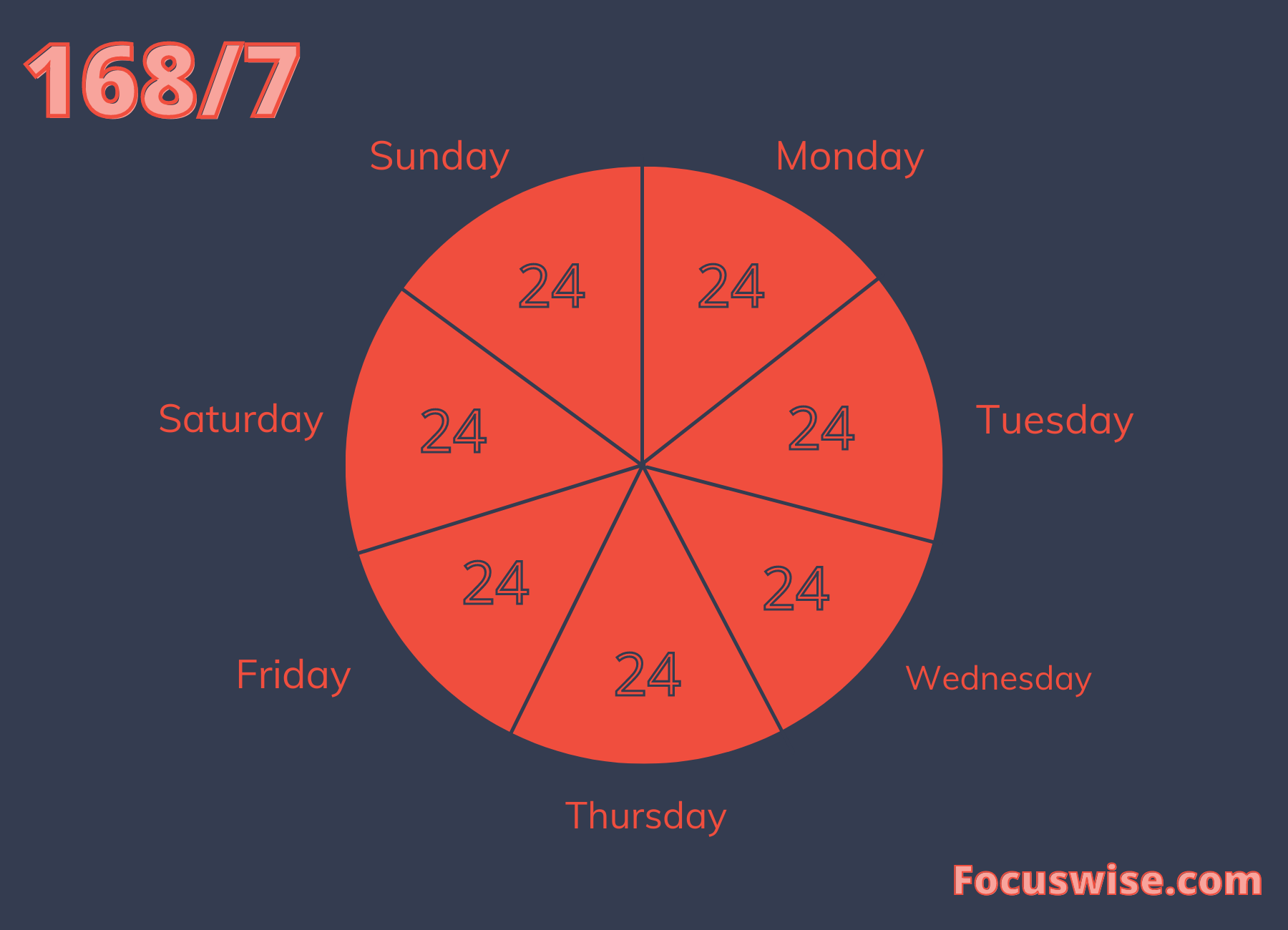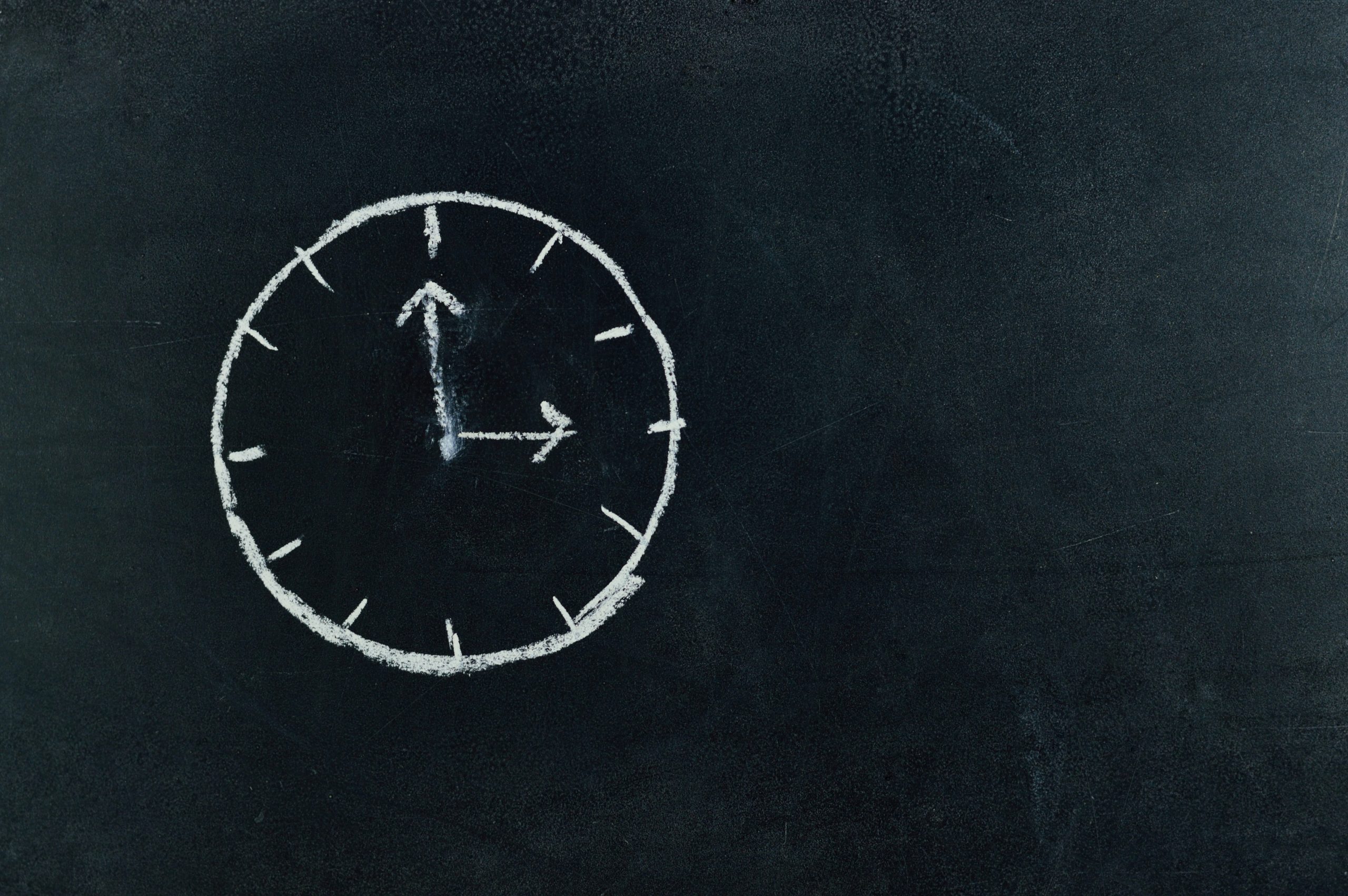
The Math of Time
Note from Curt: I’d like to introduce you to my friend and advisor, Mark Skeba. Professor Skeba is a fan of life lessons and marketing insights, and I realized the other day that I’ve been selfish keeping his valuable wisdom and intelligence all to myself. We recently discussed “the math of time,” and it seemed the perfect moment to invite him to share that viewpoint with readers on my blog. I hope you’ll enjoy and benefit from his thinking as much as I do!
For the Love of Math
I’ve spent most of my career in marketing and messaging strategy. I’ve worked with “words” for a lot of my career: I’ve been a brand manager, advertising manager, marketing strategist, messaging consultant, and am now a professor at North Central University in Minneapolis.
However, long before I began making money with words, well, I was something else… a math nerd!
In middle school, I went to school an hour early for extra math. In high school, I was on the math team (nicknamed “The Denominators!”). I took calculus in high school. Then I re-took calculus in college because I liked it. I took classes proving calculus, 3D calculus, and I even dabbled in 4D calculi. I ended up majoring in math. I knew things were getting weird when I started getting writing credits for math classes. Yes, we wrote multi-page math papers full of Greek symbols and squiggles. This isn’t intended to be bragging – I have learned that bragging about math doesn’t make you cool or get you dates. Rather, I want to establish credibility to at least discuss some math.
So, dust off those TI-83 calculators and let’s discuss the Math of Time… it is integral to our success in life! (I apologize, that joke was irrational. Ok, that’s the limit of my math jokes).
I want to give you four essential math equations that deal with our relationship with our time:

You get 168 hours each week. What are you going to do with that time?
1. My Week = 168 Hours / Stuff
This might seem trivial, but I assure you the simplest equations are often the most profound. This is the math of time: everyone gets 168 hours every week. It’s cliché and trite, but no one can get any more time than that. The busy mom, the CEO, the retiree, the college student stressing for finals, and the tired college professor grading those finals; we all get only 168 hours per week. 168 hours is a constant. The numerator never changes.
The problem is that I keep cramming in more stuff. One more meeting, one more consulting gig, one more show on Netflix, one more networking event, one more beer, one more whatever, and one less hour of sleep.
Each one more divides.
It shaves off fixed time from what matters in my life (although, this assumes I actually have taken the time to think about what matters — something Curt is always pushing me to prioritize). My wife often reminds me, “there is no choice without loss.” There are tradeoffs. To give more time to what I want, I need to delete from the denominator. Each deletion has the potential to be an addition to something more important.
Case in point: I used to coach two fantasy football teams. Not a bad thing at all. It was an easy escape on my phone. Just a few minutes to set my lineup on Sunday morning… and well, I had to keep up with my squad on Sunday afternoon… and make sure to secure the win on Monday Night. Dang it, I have to rush to set my roster for Thursday too. What? My kicker has a bye week, let me compare the free agents…
Again, fantasy football is not a bad thing. However, I say that I really want spend time in quiet self-reflection and reading, but then lament, “I just don’t have time.” I say that I want to be present with my family, but often, I knew more about the week of my fantasy quarterback than the week of my real wife.
So What? – Life is an exercise in division. I need to be ruthless about what I give my 168 hours and eliminate division by “one more.”

Decide what hours are most valuable to you and honor that time commitment.
2. Not All Hours Are Equal
Okay, this is more of a theorem than an equation, but it still holds true. For me, an hour of focus at 7:30 AM is significantly more valuable than an hour later in the day. After sleep, a few minutes of quiet without my iDistraction, and a fresh cup of coffee, my brain is focused and calm. That is my most clear and productive time. Therefore, it deserves my most important work.
I live in Minnesota, where many companies have summer Friday hours. It is a necessary talent retention strategy where employees get Friday afternoons off as a reward for enduring winters that stretch into late May. The time tradeoff works because those Friday afternoon hours are worthless from a productivity standpoint, but they are solid gold from a family, fun, or vacation standpoint. Getting in early on Wednesday morning is a small price to pay to be outside at a brewery patio early-afternoon on a summer Friday!
Protect Your Valuable Hours
The mistake I’ve made too often is not disciplining and protecting my most valuable hours. My most productive times in the morning have fallen prey to slapping the snooze button or scrolling Instagram… or for too much of my professional life, that foggy-semi-hangover because I “needed” two beers to de-stress before bed.
By protecting these hours on my calendar, I am able to give my best time to my best work. It isn’t a magic bullet, but I have found that two hours of quiet, locked-in time in the morning improves the efficiency and quality of priority projects. I get important work done better and faster, and I actually enjoy the time working on it.
Each person’s most valuable hours will vary, but here is a simple plan to protect them:
- Self-assess when and where you do your best work.
- Schedule it on your calendar.
- Show up on time.
So What? – Protect and prioritize the most valuable hours for your most important work.

Slow down!
3. Busy ≠ Productive
One of the things we fail to realize is that being super busy is not the same thing as being productive. In fact, they most often correlate negatively.
Have you ever done your very best work moving too fast to think? Maybe. Have you ever sent the right message pounding away on your iPhone while running late to a meeting? Probably not. I’ll admit sometimes, I’ve found genius working under the gun to meet a deadline, but who wants to be the target of the deadline gun at all times? As a teacher, sometimes I see my students successfully pull an all-nighter to cram in a long paper. Then they are tired and stupid for the week ahead. They end up further behind.
Take the Time to Do it Right
We’ve all heard the old axiom from John Wooden, “If you don’t have time to do it right, when will you have time to do it over?” This advice from the UCLA coach still rings true. The slight revision for my life is, “if I can’t do it well slowly, I’ll really screw it up if I go fast!”
Here is a dumb example. I was in a hurry yesterday morning and settling for fast and subpar K-cup coffee. I didn’t have time to wait ten more seconds, so I tried pouring in cream while it was brewing. I spilled a little cream on the counter. Then while wiping and flailing about with a paper towel I jostled the cup. More mess, more wiping. As I bolted to grab my keys, I splashed coffee out the top of my travel cup and onto the floor. Rushing to save ten seconds cost me two minutes of cleaning, three paper towels, and four expletives.
So What? – If I want to do something well, I need to give myself the necessary time to do it well.

Millions of Americans struggle with burnout at work. What if we took a day of rest?
4. 6/7 > 7/7
According to a study by Deloitte in 2015, 77% of US professionals have experienced burnout in their current role. I’m pretty sure that trajectory hasn’t improved the past few years. Pick your villain of choice: endless meetings, increased emails, a barrage of texts, downsizing, upscaling, Zooming, iPhone buzzing, and the list goes on.
In his book, the Ruthless Elimination of Hurry, John Mark Comer dives deep into this topic. He argues that we’re hooked on the speed of work. We do more things, faster, and with less peace. I see it in my own life. Activity fills every gap in my schedule and mind: squeeze in a quick call between meetings, glance at my email while waiting at a red light, build a presentation on my phone while waiting in line for the coffee I need to keep up this pace, etc., etc. And the list could go on! It’s a rushed and reckless pace––lots of action with very little traction.
Burnout
A few years ago, I crashed and burned hard while working as the VP of Marketing for a sports nutrition brand. I joined right as the company was torching cash from a previous round of private equity funding. We needed to raise more money and turn around the business model, get into Whole Foods, grow on Amazon, maintain our street-cred in fitness, launch new products, and… and… and I jumped in a million miles an hour. I did some cool stuff. We raised the money. We actually made a profit one month! But there was always another challenge. (In business, there always is.)
My approach was “in earlier and out later.” I often turned on the lights in the morning. I often shut them off at night. The more I did, the more I felt behind. The more emails I sent, the more came back. A successful marketing effort earned the reward of a bigger target next month! A hiccup on any event or project caused the train to skip the tracks!
An interesting thing started to happen. The faster and harder I “grinded” and “hustled,” the worse my work became. Ideas were rushed. Communications were so hurried they became unclear. I didn’t have time to coach my small team, so instead I reverted to, “Dang it…just let me do this myself.” I worked more and achieved less. Hurried decisions and rushed execution negatively impacted the brand. Even worse, the limited time I had outside of work was terrible. I was a jerk at home. I was distant with friends. I’d be at church, preoccupied with what work I needed to do afterwards. I’d choose quick fixes to escape and numb, like binging on food, beer, or Instagram. There was no rest or restoration. There was only work and escape.
My Lightbulb Moment
One Sunday morning in the spring of 2017, I was up early, walking to the Starbucks a mile away to grab coffee. From there I was planning on walking back to the coffee shop under my apartment to pull out my laptop and attempt to catch up. I was literally walking to get coffee from one coffee shop to caffeinate so I could go work at another coffee shop. That’s messed up.
On the walk, I was listening to a podcast sermon called Work and Rest by Tim Keller. He referenced a New York Times article, Bring Back the Sabbath, where author Judith said that workaholism “…has become the norm, and the Sabbath, the one day in seven dedicated to rest by divine command, has become the holiday Americans are most likely never to take.”
That hit me dead between the bags under my eyes. I slowed my pace and enjoyed the rest of my coffee. Then I took a huge and scary risk. I didn’t open up my laptop or my email that whole Sunday. When I went to work on Monday, the craziest thing happened, the world didn’t end. I still had all my projects and problems, but I had just a bit more in the tank to deal with them.

Taking a day of rest will reset your productivity for the rest of the week.
The Importance of a Day of Rest
Over the past five years, I’ve honed this weekly routine more and more. During the school year, Saturday is a work day. I try to get chores and errands done mid-day, and then I usually post up in my co-working space Saturday afternoon into the evening grading, prepping, or working on consulting projects. When I shut down and return home, my laptop gets joyfully placed in a desk drawer until Monday morning. I spend the next 24 hours doing things that bring joy and restoration. Sleeping in, reading, worship at my church, taking naps, watching football with my wife, having brunch, hanging out with my friends, and other things that restore me. I might do a fun workout if I want. I might joyfully eat chicken wings. I keep it simple. Lots of rest, joy, worship, and quiet. No work.
Reset the Week
The crazy thing I have found is that when I take this day of joy and rest, the Sunday Scaries stay at bay. I’m ready to go again on Monday. My attitude and energy going into the week are way better. I’m a better professional and personal version of myself. I’m way more effective in six days than I would be in seven.
On the contrary, on occasions where I skip my Sabbath – Just an hour of catchup. Just a few emails. Just one quick PowerPoint slide… – my week starts off tired and bitter. Any progress I’ve made getting ahead evaporates. My work early in the week is slower and more labored. My laptop battery and my attitude overheat because neither got a chance to shut down for a full day. By 9:45 Monday morning, I bitterly mutter, “I need a damn break.” Time after time, I’ve found that when I work through my day of rest, my week becomes rest-less and stress-full.
So What? – Take a day of joyful rest and recovery each week. This 24-hour recharge will make the other six days more effective.
A Final Thought:
Our time is limited. So is our ability to focus. Attention is the combination of our limited time and our limited focus. That makes attention our most limited resource.
Before jumping headlong into the next week, take a minute to think, what are you giving your time and attention to?
What gets your time and attention that shouldn’t?
What deeply important things do you just never have the time for?
I’ll leave you with this final quote from old and wise Gandalf the Gray from The Lord of the Rings: “All we have to decide is what to do with the time that is given to us.”
Sources and more information:
I took inspiration for this article from the books and podcasts of John Mark Comer, especially The Ruthless Elimination of Hurry. Additionally, Professor Harry Kraemer at The Kellogg School of Management taught me about 168 in class. It is the only thing I learned in my MBA that I practically use every single week. You can tap into his wisdom in his book Your 168.
Mark Skeba is a Focuswise contributor, professor of marketing, and messaging consultant.



